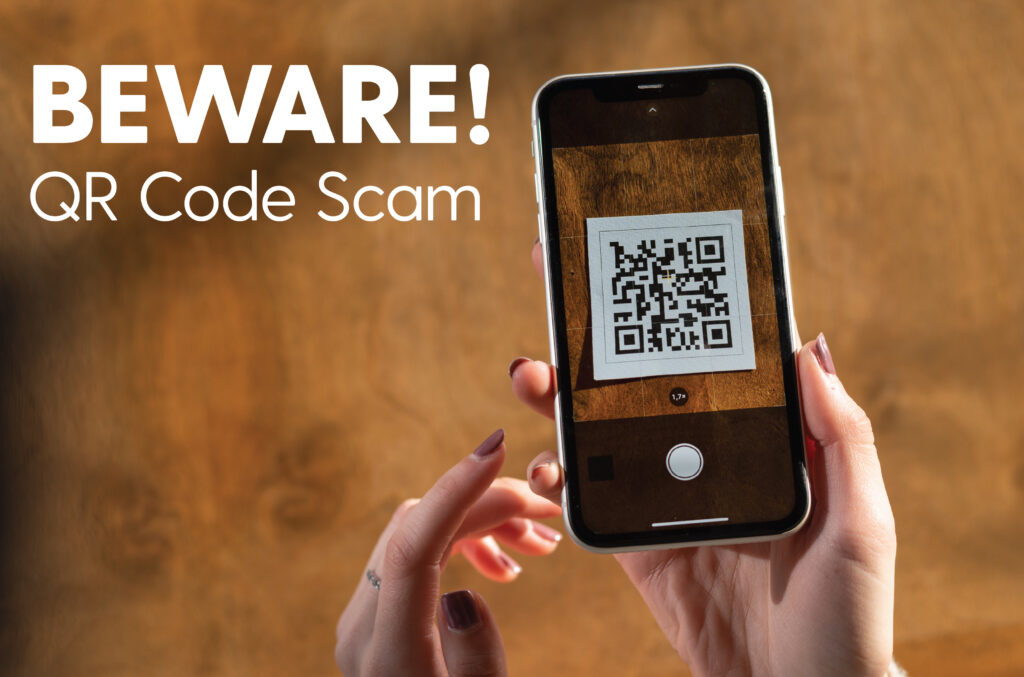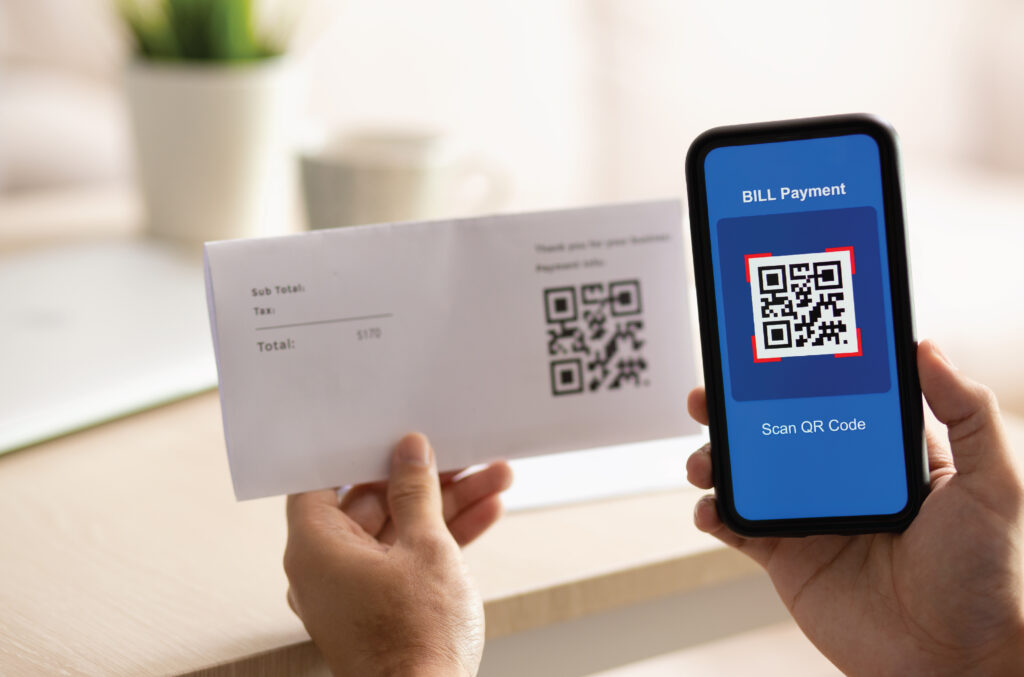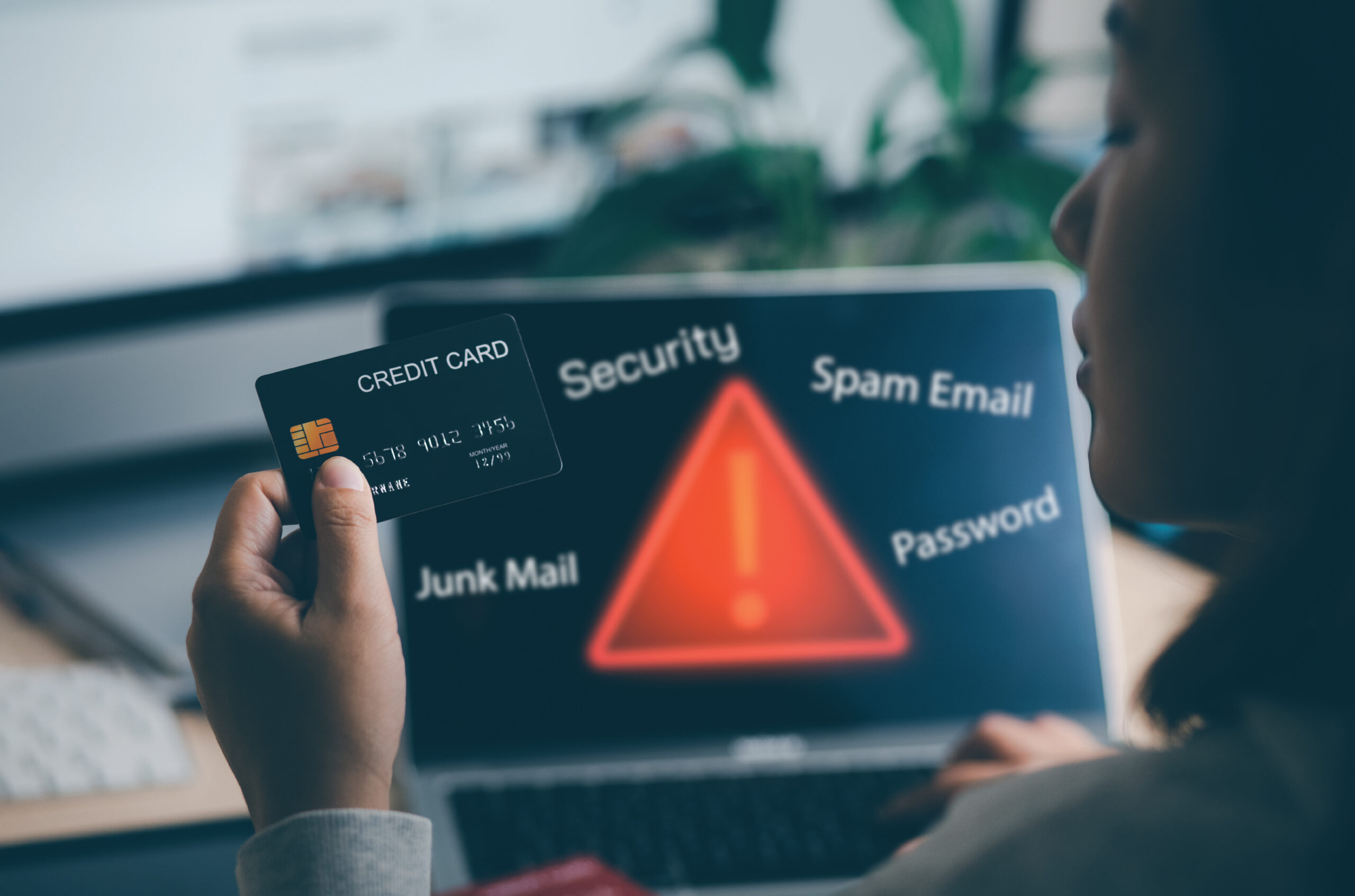
The issue of QR code scams has experienced an exponential growth, becoming more sophisticated and threatening than ever in its approach to deceiving individuals. A recent report published by cybersecurity experts has shed light on an alarming trend: hackers now leverage QR codes as a key element in their phishing campaigns. It denotes a substantial shift in tactics, as cybercriminals acclimate to manipulate emerging technologies for iniquitous intentions. The deployment of QR codes in such campaigns highlights the adaptability and ideation of malicious elements in their persistent intent of manipulating susceptibilities available in digital systems. This development acts as a sheer reminder of the unremitting arms race between cybersecurity measures and negative players in the digital domain.
A report by Check Point highlighted that hackers employ ‘Conditional QR Code Routing Attacks’ where they employ custom templates specific to each organization that make every attack unique to the company and the organization. The report also mentioned that over the last 14 days, more than 2,000 of such emails were shared with more than 1,100 customers.
How does this new QR code campaign function to affect people?
This phishing campaign masquerades as an authentication update and is shared with people via email. The message sent to individuals states that their account authentication will expire soon. It is mandatory for people to re-authenticate the account to avert mail disruption.
What makes this campaign so terrifying? Usually, these messages contain a legitimate company logo that makes them threatening. Furthermore, malicious elements make these messages to be target-specific which ultimately makes phishing attacks more legitimized and tailored.
The report revealed that the formula remains the same such as these messages comprise the company logo and victim’s name, and implore them to update their authentication before experiencing issues with email. When users scan the QR code, they will be redirected to a site that will harvest their credentials. Since the attack seems similar to an urgency such as- it will be crafted in a way that shows the user’s email access will be changed it will encourage users to act promptly.
It’s vital to emphasize the significance of QR codes in harvesting confidence among users, specifically given their widespread familiarity, particularly amidst the expeditious adoption of digital payment systems in countries like India. By leveraging QR codes in messages, there’s a natural tendency among users to engage, given their comfort and regular use. Nonetheless, it’s essential to recognize the inherent risks that come with this convenience. Encouraging users to scan QR codes presents a potential vulnerability, as it unlocks the door to compromise on their device, which could give rise to repercussions. It underlines the fragile equilibrium that exists between convenience and security in digital exchanges.

Final thoughts:
When you receive emails or messages that appear to be urgent or out of the blue, it’s paramount to approach them with caution. One warning sign that people need to be wary of is any request to scan QR codes incorporated in these messages. These codes could redirect to malicious websites or phishing attempts.
Moreover, pay heed to the email addresses from which these messages are initiated. If you stumble upon any riffs from the typical format or if the address seems a bit off, it’s a red flag. Also, be sure to check for spelling or grammatical errors in the content of the message. Honest organizations commonly have professional communication norms, so such mistakes can suggest a deceitful endeavor.
Always keep in mind that it’s imperative to take the time to ascertain the authenticity of the sender before taking any action provoked by these messages. Connect with the supposed sender via a reliable means of communication to substantiate the message’s legitimacy. Your wariness can help safeguard you from getting trapped in scams or cyber-attacks.
At YPay, we are determined to deliver unwavering support to assist customers develop positive financial habits. As a result, we continuously curate informative blogs to keep our readers well-informed and vigilant.







